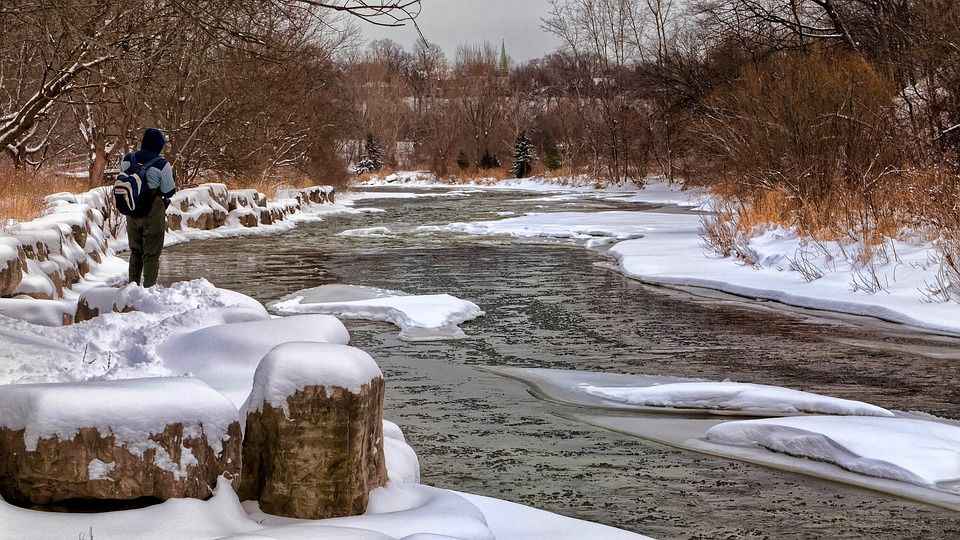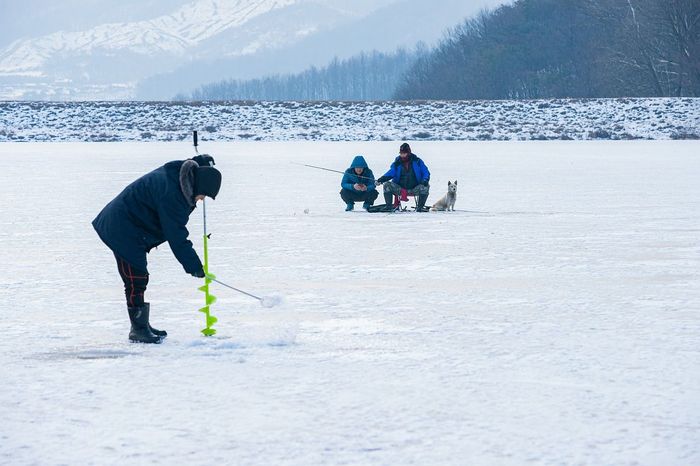Exploring Winter Solstice Fishing: Tips, Techniques & Insights
Learn winter solstice fishing tips, from ice fishing techniques to understanding fish behavior, for a more successful and enjoyable fishing experience.

Exploring Winter Solstice Fishing: Tips and Insights
The winter solstice, occurring around December 21st, marks the year's shortest day and longest night. For centuries, this time has symbolized renewal and transition. If you're intrigued by the idea of winter solstice fishing, learning how to adapt your strategies to align with seasonal changes can enhance your experience.
Here are five key insights into winter solstice fishing—a practice that blends an understanding of seasonal shifts with focused fishing techniques.

1. Prime Ice Fishing Conditions During the Solstice

In northern states like Minnesota and North Dakota, ice fishing is a cultural staple during the winter solstice. By mid-December, lakes and rivers in these regions are often safely frozen, creating ideal conditions for drilling holes and fishing through the ice. Popular freshwater species such as walleye, perch, and northern pike are common targets during this time. As water temperatures stabilize under the ice, fish behavior becomes more predictable, making it easier to locate and catch them. Using tools like ice fishing sonar or fish finders can significantly improve your success in identifying the best spots.
2. How Water Temperature Impacts Fish Behavior
Changes in water temperature during the winter solstice dramatically affect fish activity. Cold water slows fish metabolism, causing them to conserve energy and feed less frequently. Many species gravitate toward deeper, more temperature-stable areas of lakes and rivers. To improve your chances, use smaller lures—such as jigs or wax worms on ultralight tackle—and employ slower, subtler movements. These adjustments match the slower feeding patterns of fish during winter.
3. Shorter Days and Their Impact on Fishing
The solstice’s reduced daylight hours create unique opportunities for targeting species like walleye and crappie. Walleye, with their light-sensitive eyes, are more active during low-light periods such as dawn and dusk. Similarly, crappie are well-adapted to hunting in low light, making them excellent targets after dark. Cooler water temperatures and limited sunlight might also require you to fish more slowly or "deadstick" baits—letting them sit idle to attract fish.

4. Cultural Connections to Winter Solstice Fishing
For many cultures, the winter solstice is a time of reflection, renewal, and connection with nature. Indigenous Peoples of North America, for instance, often view water as a symbol of rest and interconnection with life. Among the Inuit of Alaska and Canada, solstice traditions include ice fishing, traditional games, and community feasts. These practices highlight the solstice's deeper meaning, blending survival skills with cultural significance.
5. Building Patience and Resilience Through Solstice Fishing
Fishing around the winter solstice demands patience, preparation, and adaptability. Unlike the faster-paced fishing of other seasons, winter fishing requires more effort, such as ensuring ice safety, dressing in multiple layers, and drilling through thick ice. Despite these challenges, the reward of successfully catching fish during this time can be deeply satisfying and memorable.
Embrace the Serenity of Winter Solstice Fishing
Winter solstice fishing is about more than the catch—it's an opportunity to connect with nature, adjust your techniques to seasonal rhythms, and appreciate the tranquility of winter. By understanding how seasonal changes influence fish behavior and the natural environment, you can make your ice fishing experiences more successful and meaningful.



